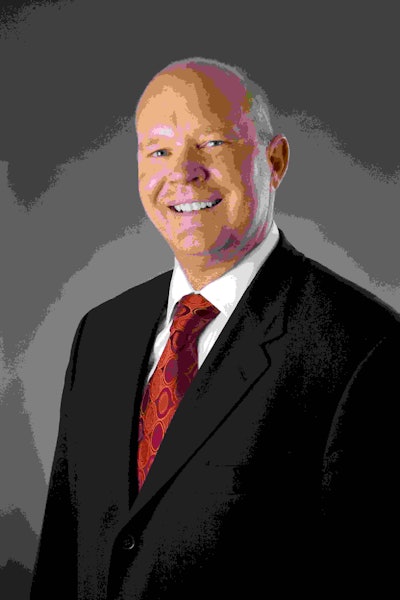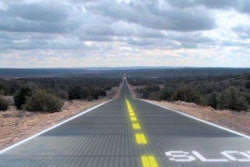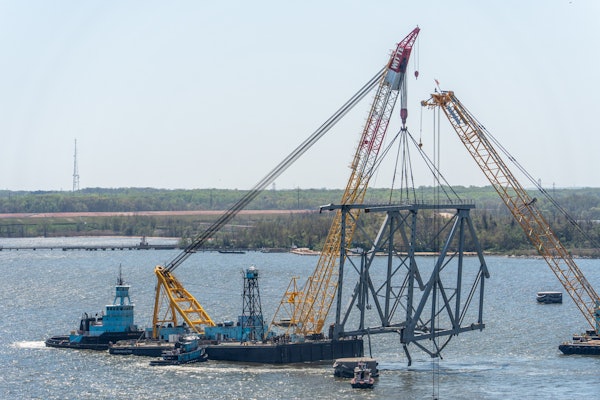
Ever feel like a victim of your own success?
Let me explain. As you probably are aware, the lion’s share of revenue for infrastructure repair, ongoing maintenance, traffic operations and new construction comes from federal and state fuel taxes. That worked well in 1993 when the federal tax was 18.4 cents per gallon for gasoline and 24.4 cents for diesel. The states added an additional layer of taxes and, combined with less fuel-efficient engines, there was plenty of money to keep our roads running smoothly and our infrastructure in good condition.
Fast forward twenty years to 2013. Automakers have done an incredible job improving vehicle fuel efficiency. By 2016, the corporate average fuel economy (CAFE) standard for fleets will be 35.5 miles per gallon; by 2025, that number will be 54.5 under current regulations. Electric and hybrid vehicles are also starting to go mainstream, another tribute to the power of innovation within the auto industry.
The downside of more fuel-efficient vehicles, and of the growing number of electric and alternative fueled vehicles on our roads, is that less gasoline consumption equals fewer tax receipts to pay for our infrastructure. And with $4 per gallon gas forcing many Americans to drive less, the result is less money for our transportation system at a time when much of our nation’s World War II-era infrastructure is nearing if not long past retirement age.
The American Society of Civil Engineers (ASCE) just this week issued its new report card giving our nation’s infrastructure an overall grade of D+. While this is up slightly from the D grade our infrastructure received four years ago, it’s hardly a score anyone would want to take home to their parents. And it’s definitely not something we want to pass on to future generations.
While our bridges and railroads showed improvement with individual grades of C+, followed closely by ports which received a C, our roads and transit systems received abysmal D scores reflecting not just physical deterioration but also increasing traffic congestion and inadequate service levels. ASCE estimates total investment needs across all 16 infrastructure categories at $3.6 trillion by 2020, leaving a funding shortfall of $1.6 trillion based on current funding levels. The estimated funding gap for surface transportation alone through 2020 is an astounding $846 billion, or more than $100 billion per year.
Couple this with the fact that the federal gas tax has not been raised or adjusted for inflation in twenty years, and it’s clear something needs to change if we want to have safe, functioning infrastructure to keep our people and economy moving (much less a modern, 21st century transportation network that will fuel economic growth and help us compete in an increasingly mobile world).
Solving this challenge will be one of the key topics at the Intelligent Transportation Society of America’s (ITS America) Annual Meeting and Exposition in Nashville next month. We will look at questions such as how to create an equitable, cost-effective and sustainable financing mechanism to pay for our nation’s transportation system both in the near-term and in the future.
One alternative we’ll be exploring is what’s known as mileage-based user fees, or billing people for their actual use of the infrastructure rather than at the gas pump which is failing to reflect the true cost of maintaining the system. This could mean replacing the gas tax with a simple odometer-based fee at the end of each year, or implementing a more high-tech system that could vary fees by time of day, traffic levels, vehicle size or other factors similar to some of the new high-occupancy toll (HOT) lane projects.
Annual Meeting participants should plan to attend our town hall meeting on Monday, April 22, which will explore transportation financing alternatives. We will be joined by United States Department of Transportation (DOT) Under Secretary for Policy Polly Trottenberg and other public and private sector leaders who will share their thoughts and engage in an interactive discussion with audience members.
On Wednesday of the Annual Meeting, there will be a Mileage-Based User Fee Symposium that will explore this alternative in more detail. And for those arriving on Sunday, our State DOT Roundtable from 4-6 p.m. will feature 15-20 State DOT CEOs who will share their strategies for making better use of intelligent transportation systems to finance, manage and modernize their transportation network.
While we sometimes feel like we are having these debates in a vacuum or talking amongst ourselves, we have a real opportunity over the next two years to shape the policy debate around funding our nation’s transportation future. House Transportation and Infrastructure Committee Chairman Bill Shuster (R-PA) and Senate Environment and Public Works Committee Chairman Barbara Boxer (D-CA) are both committed to finding a long-term sustainable financing mechanism for our nation’s transportation system. And they have both voiced their strong commitment to exploring all possible options.

Editor’s Note: Scott F. Belcher is the president and CEO of the Intelligent Transportation Society of America. The Intelligent Transportation Society of America’s (ITS America) 23rd Annual Meeting & Exposition will take place in Nashville, Tennessee, from April 22-24 at the Gaylord Opryland Resort and Convention Center. FHWA sponsored training is also available. To register, visit itsa.org/annualmeeting.












